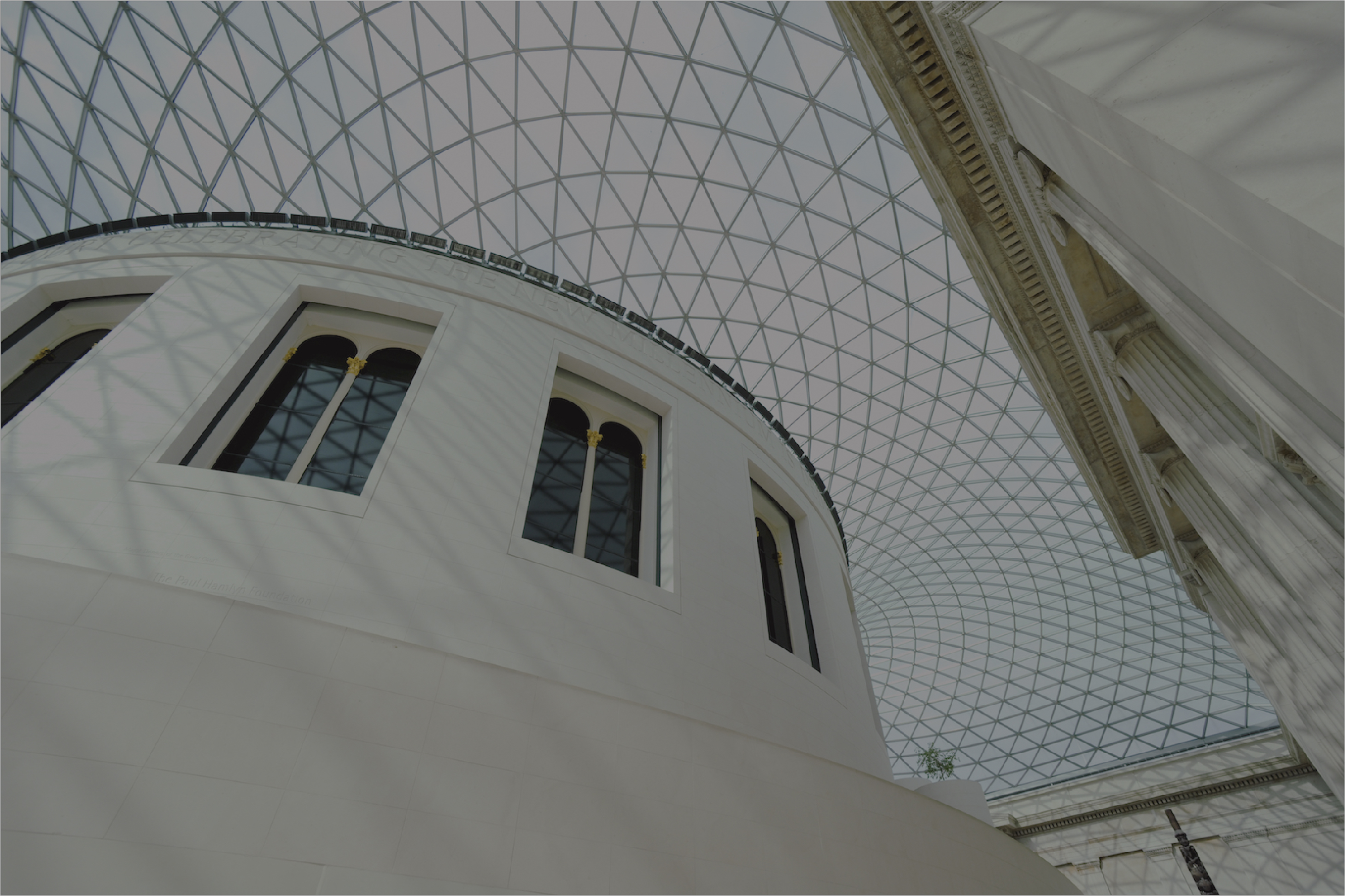Egypt is an attractive market that can offer major business opportunities to informed traders and investors. Trade and investment between the UK and Egypt is promising. However it is not always an easy market. A successful entry into Egypt will be determined by the quality of the information and advice upon which the decision to enter is based.
Continued success is also dependent upon the ability to navigate the laws and practices of Egypt. The Egyptian market requires careful study and a sustained sales effort. There is strong competition from other exporting countries. Price and credit terms are a deciding factor when obtaining contracts, though quality is increasingly important. Back-up servicing facilities and the supply of spare parts is also important.
Having a local partner can be vital to successful penetration of this market. There are several reasons for this. Firstly, given the continuing bureaucracy, a local partner can shepherd the foreign business through the delays and obstacles. Secondly, foreign companies require a local agent to bid for government tenders. Thirdly, as the Egyptian market becomes more sophisticated there is a growing demand for after sales service, which a local agent can convincingly provide.
In general, British products and services are very highly regarded in Egypt for their quality. The main obstacle facing the growth of British involvement in the Egyptian market is that British products have a reputation as being expensive compared to some foreign products, though this has lessened slightly over the past year as exchange rate fluctuations have been in favour of UK exporters.
Strengths of the market
Egypt is an emerging market with a multitude of opportunities for business for UK Companies. It is an attractive location for foreign companies keen to expand their business in the region and has a stable environment with regards to infrastructure, climate, costs, language and geographical location.
- Egypt’s strategic geographical location in the centre of MENA region (800 million people) bridges the continents of Asia, Africa and Europe and makes it a hub for international trade between Europe and Middle & Far East. The Suez Canal links the Red Sea to the Mediterranean – a connection vital not just to Egypt but to the world.
- It is a highly accessible country through a number of airports and ports.
- The movement of goods has speeded up with an improved transport system and ports modernized.
- The cost of doing business in Egypt is favourable, particularly labour and land costs
- Egypt’s economy is one of the most diversified in the Middle East and has an area four times the size of the UK. It is the fourth largest economy in the Arab world after Saudi Arabia, the UAE and Algeria.
- The economy has been changing from central command and control to free market system with the private sector asserting its leadership.
- The state is being modernized. Efficient public administration methods and sound business management are being introduced and practiced.
Opportunities in Egypt
Egypt is a growing market that offers significant business opportunities to UK companies, predominantly in the following sectors:
- ICT
- Oil and gas
- Education and training
- Environment and water
- Infrastructure
- Security
- Power and renewable energy
- Retail



